Southeast Asia Program
Nor Anisa

Graduate Student
Degree Pursued: MPS
Anticipated Degree Year: 2026
Committee Chair/Advisor: -
Discipline: Global Development
Research Countries: Cambodia, Indonesia, Laos, Philippines, Vietnam
Additional Information
Value Added Policies for Critical Minerals and Their Geopolitical Challenges: Indonesia's Experience
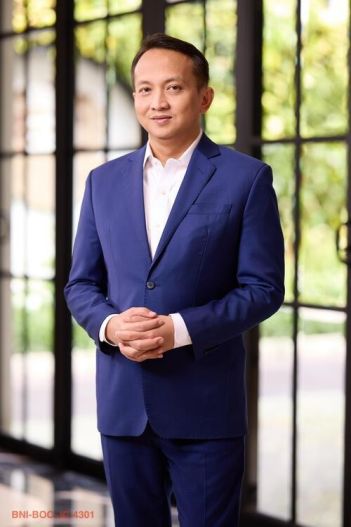
November 10, 2025
4:30 pm
Atkinson Hall, 121
Septian Hario Seto (Executive Secretary of National Economic Council, Republic of Indonesia) will be joined on November 10, by moderator Jenny Goldstein (Global Development) and faculty respondents Vibha Kalra (Chemical + Biomolecular Engineering), James Rogers (Brooks School/Tech Policy Institute), and Esteban Gazel (Earth and Atmospheric Sciences).
Abstract: Indonesia’s value-added strategy for critical minerals—centered on export restrictions for nickel ore, domestic processing mandates, fiscal incentives, and a combination of investment and industrial policies—aims to shift the economy from raw-ore extraction to higher-value manufacturing. Using nickel as the focal case, the presentation will show evidence of success: a rapid build-out of industrial capacity for nickel processing; the emergence of industrial parks (e.g., Morowali and Weda Bay) that integrate power, logistics, and services; movement up the value chain from ore to ferronickel/NPI, stainless steel, and battery-grade intermediates (MHP, nickel sulfate); rising foreign direct investment with technology-transfer provisions; and a measurable shift in export composition toward processed products and EV-related inputs.
These gains are unfolding within a sharp geoeconomic rivalry. Chinese firms, which dominate processing capabilities for most critical minerals globally, have played a pivotal role in financing and operating Indonesian projects—accelerating capacity growth, technology adoption, and offtake in the early years. Therefore, this presentation also explains Indonesia’s strategy in responding to the geopolitical tension between China and Western countries, particularly the United States, by prioritizing national interests as the main reference point and maintaining the long-standing principle of an independent and active foreign policy. In addition, it will discuss the Government of Indonesia’s ongoing efforts to address key ESG issues, including tailings management, deforestation, and carbon emissions.
Bio: Septian Hario Seto is an accomplished economist and currently serves as a Member of the National Economic Council (DEN) of the Republic of Indonesia. Seto has played a key role in navigating complex financial strategies that drive critical development initiatives across both public and private sectors.
A graduate of the University of Indonesia with a BA in Economics in 2006 and SKEMA Business School in 2008, Seto began his career as an analyst at Principia Management Group before advancing to Corporate Finance Manager at PT Toba Bara Sejahtera. His exceptional performance in both roles led to his recruitment by the government, where he brought significant expertise in capital raising, debt structuring, and strategic crisis management.
Since 2015, he has held various influential roles as an Expert Staff across key ministries, including the Executive Office of the President, Coordinating Ministry for Political, Legal, and Security Affairs, and Coordinating Ministry for Maritime Affairs and Investments.
With a strong track record in the coal mining industry and nickel downstream processing, as well as significant contributions to major projects such as the Jakarta-Bandung High-Speed Rail, Jabodebek LRT, toll road development across Java and Sumatra, Kertajati International Airport, and Kediri Airport, Seto has demonstrated his dedication to supporting sustainable economic and infrastructure development at the national level.
Registration Required: In Person
Co-Sponsoring Units: Cornell Atkinson Center for Sustainability, Southeast Asia Program, Cornell Energy Transition Initiative
Additional Information
Program
Southeast Asia Program
Einaudi Center for International Studies
Zhixia (Carrie) Mo
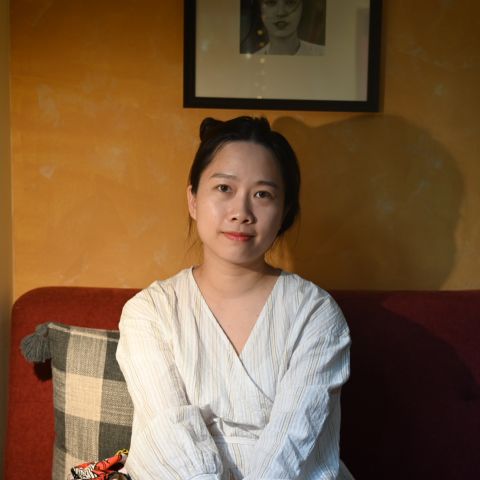
Graduate Student
Degree Pursued: MA
Anticipated Degree Year: 2027
Committee Chair/Advisor: Shaoling Ma
Discipline: Asian Studies
Primary Countries: Cambodia, Las, Myanmar, Vietnam
Research Interests: Cultural capital flow, Chinese-Cambodian interaction, creative industries
Additional Information
Wel Li Thian
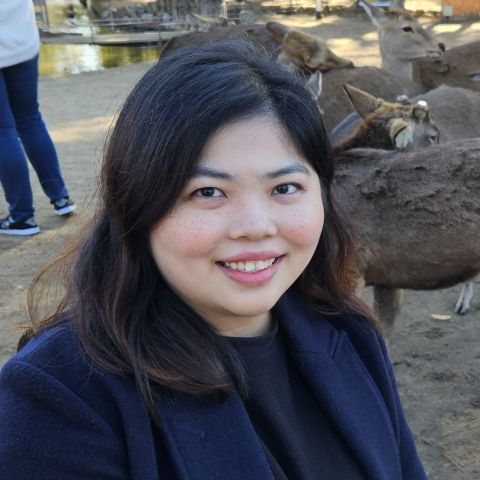
Graduate Student
Degree Pursued: PhD
Anticipated Degree Year: 2030
Committee Chair/Advisor: Eli Friedman
Discipline: Industrial & Labor Relations
Primary Countries: Indonesia, Malaysia, Singapore
Research Interests: Labor and technology
Additional Information
Valentina Guerrero Chala
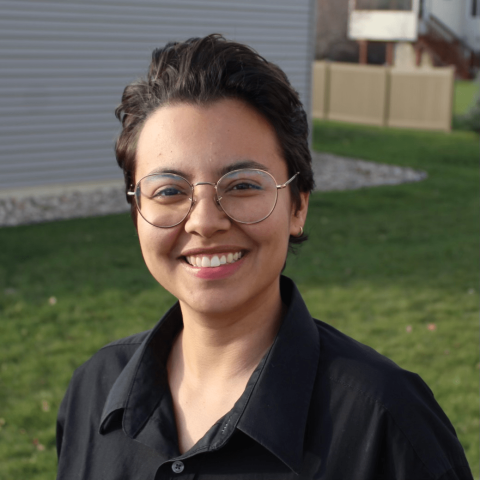
Graduate Student
Degree Pursued: PhD
Anticipated Degree Year: -
Committee Chair/Advisor: Juno Parreñas
Discipline: Anthropology
Primary Countries: Thailand
Research Interests: How Karen communities in Northern Thailand understand their socioecological entanglements and how they translate those understandings in their encounters with the state, NGOs and tourists
Additional Information
Tsuguta Yamashita
Graduate Student
Degree Pursued: PhD
Anticipated Degree Year: 2026
Committee Chair/Advisor: Chiara Formichi
Discipline: Asian Studies
Primary Countries: Indonesia, Japan
Research Interests: Urbanism, Architecture, Technology, Diplomacy, Japan–Southeast Asia Relations, Transpacific Studies
Additional Information
Michael Hauser
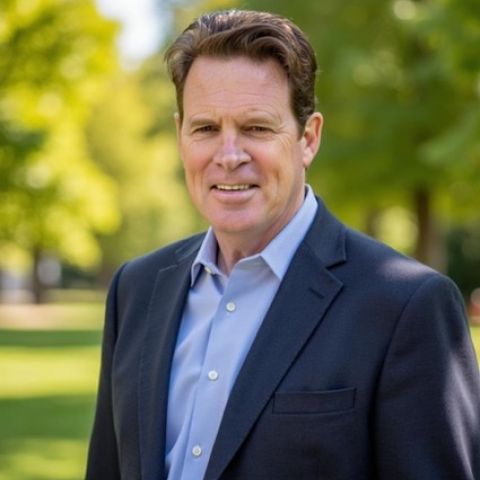
Foreign Service Officer and Civil Service Officer, US Department of State and Lieutenant Colonel, US Army (Retired)
Michael Hauser’s research focuses on foreign affairs and policy in Southeast Asia, particularly in Indonesia and Singapore, with specific attention to conflict, security, economic development, and state partnerships.
Additional Information
World in Focus: Drone Threats in Europe

October 28, 2025
4:00 pm
Uris Hall, G08
Join Einaudi Center experts for World in Focus Talks on global events in the news and on your mind. Our faculty's research and policy insights put the world in focus.
This year we’re hosting informal campus discussions on many Tuesday afternoons. This week’s topic:
Hostile drone activity has risen sharply in Europe this fall. The incidents have shut down airports, heightened military alertness, and triggered diplomatic responses from NATO and EU countries. Many analysts believe the incursions are part of a Russian-led hybrid warfare campaign designed to disrupt aviation and critical infrastructure, probe defenses, and test NATO’s resolve.
How will different parts of Europe react to drone threats? What could be the impacts on international relations and the conflict in Ukraine?
***
Featured Faculty
James Rogers | Brooks Tech Policy InstituteBryn Rosenfeld (IES) | GovernmentMagnus Fiskesjö (EAP, PACS, SEAP) | AnthropologyAgnieszka Nimark (PACS) | Affiliated ScholarChris Way (IES, PACS) | GovernmentDavid Cortright (PACS) | Visiting Scholar
***
Conversations Matter at Einaudi
This conversation is hosted by the Mario Einaudi Center for International Studies and its regional and thematic programs. Find out what's in store for students at Einaudi!
Additional Information
Program
Einaudi Center for International Studies
Reppy Institute for Peace and Conflict Studies
East Asia Program
Southeast Asia Program
Latin American and Caribbean Studies
Institute for African Development
Institute for European Studies
South Asia Program
Migrations Program
Southwest Asia and North Africa Program
Golay Lectures Now on YouTube

Five previous lectures available for viewing.
Some of our recent Golay Lectures are now available to watch on our YouTube channel.
Revisit these outstanding lectures before our next Golay Lecture on November 6, which will be made available as a hybrid lecture via Zoom for the public.
Additional Information
Vietnamerica: The Story of the Nation's Largest Refugee Group
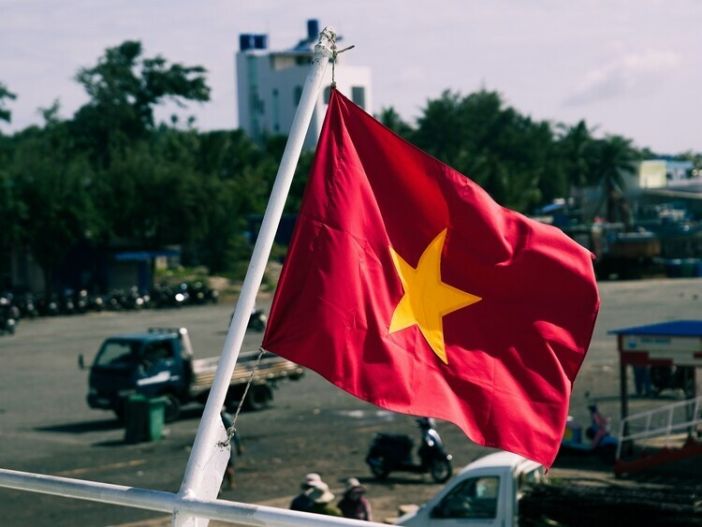
November 18, 2025
5:00 pm
Rockefeller Hall, 374
Join SEAP and GETSEA for a simulcast film screening of Vietnamerica.
We will watch the film on the Cornell campus, then join an online discussion with audiences at universities across the US for a Q&A with the filmmakers.
Following the wars in Vietnam, over two million people fled to country with the collapse of the Republic of Vietnam. That exodus, referred to by many as “the boat people” resulted in nearly half dying while in flight, battling the elements, starvation, and pirates.
Vietnamerica follows Master Nguyen Hoa as he returns to former refugee camps in Southeast Asia after three decades abroad to search for the graves of his wife and two children. Having fled Vietnam in 1981 on a boat with his family and friends, Hoa was the only survivor.
Executive Producer Nancy Bui of the Vietnamese Heritage Foundation joins GETSEA and over 20 universities across North America to watch Vietnamerica together simultaneously and connect via Zoom for a discussion with the filmmaker about the Vietnamese diaspora, their struggle, and how Master Hoa’s story is a prism to see the larger group.
Additional Information
Program
Einaudi Center for International Studies
Southeast Asia Program
Migrations Program
